Ways to Cut Costs Around Your Home
If you’re looking for way to save money as you head into 2021, there are a few ways that can potentially cut costs around your household, without having a major impact on your lifestyle. Read on for three ways you can trim some of your biggest costs or even eliminate certain expenses.
When Reviewing Your Budget, Consider Scale
“The latte factor,” or the small daily purchases that can add up to larger amounts over time, has taken a lot of the blame for overextended budgets. But if a major expense like housing, student loans, or transportation takes up a third or more of your budget, cutting these expenses can go much farther than forgoing a $4 coffee.
The U.S. Bureau of Labor Statistics recently published its Consumer Expenditures Survey, which revealed that the average household spends just over $60,000 per year.1 Housing, transportation, and health insurance make up a great amount of this $60,000 in spending, so focusing your cost-cutting measures around these expenses could help free up some of your income.
Cutting Housing Costs
Whether you own or rent, there are some options (especially post-COVID) to help you reduce your housing expenses.
You may consider a rent forbearance. In many parts of the country, evictions for non-payment of rent have been stalled, providing renters with more time to come up with rent payments. Although forbearance isn’t the same as forgiveness, it is a temporary measure that could help you free up some of your cash flow. Please keep in mind that you’ll still be responsible for paying your past-due rent and any late fees associated with it.
For homeowners, refinancing a mortgage while interest rates remain low could help reduce monthly costs by lowering the interest rate, extending the loan term, or both. A home equity loan (HEL) or line of credit (HELOC) can also be a good alternative to higher-interest credit cards or personal loans. HELOC funds don’t necessarily need to be spent on the house itself; they can be used to pay off other debt, purchase a vehicle, or even take a trip.
Cutting Transportation Costs
With many Americans still working remotely or taking steps to reduce their exposure to others, transportation costs have dropped on their own. However, you can contribute to your transportation savings by doing one or more of the following:
- Contacting your auto insurance company to see whether you can receive a premium credit for your reduced mileage;
- Consider going down to a one-vehicle family (if you have more than one);
- Refinance your auto loan to take advantage of lower rates; and
- Re-evaluate the drivers (and vehicles) on your policy to see if any can be removed.
By focusing on reducing your transportation expenses, you may be able to cut your total spending per year.
Cutting Healthcare Costs
Even if your health insurance is provided or subsidized by your employer, other healthcare-related expenses can be re-evaluated when working on your budget. These include:
- Forgoing an expensive gym membership in favor of a subscription or streaming service at home;
- Investigate mail delivery of prescription medications;
- During open enrollment, review your healthcare options carefully to make sure you’re not paying too much for too little coverage.
As to this last factor, don’t assume that your employer-provided health insurance policy is necessarily the best deal. By getting a quote or two from your state’s ACA exchange, you’ll have a better idea of whether you’re paying a fair price for health insurance coverage.
Important Disclosures:
The opinions voiced in this material are for general information only and are not intended to provide specific advice or recommendations for any individual.
All information is believed to be from reliable sources; however, LPL Financial makes no representation as to its completeness or accuracy.
1 www.bls.gov/news.release/cesan.nr0.htm
Content Provider: WriterAccess
LPL Tracking 01-05079412
Recent Posts
Why Tax Planning Is a Year-Round Strategy, Not a March Panic
Financial Planning Resolutions for 2026
Essential Estate Planning Steps Every Family Should Take
2026 Outlook: The Policy Engine
Why Long-Term Care Planning Matters
Women & Wealth: Financial Planning Strategies for a Lifetime
How Emotions Affect Financial Decisions
Categories











